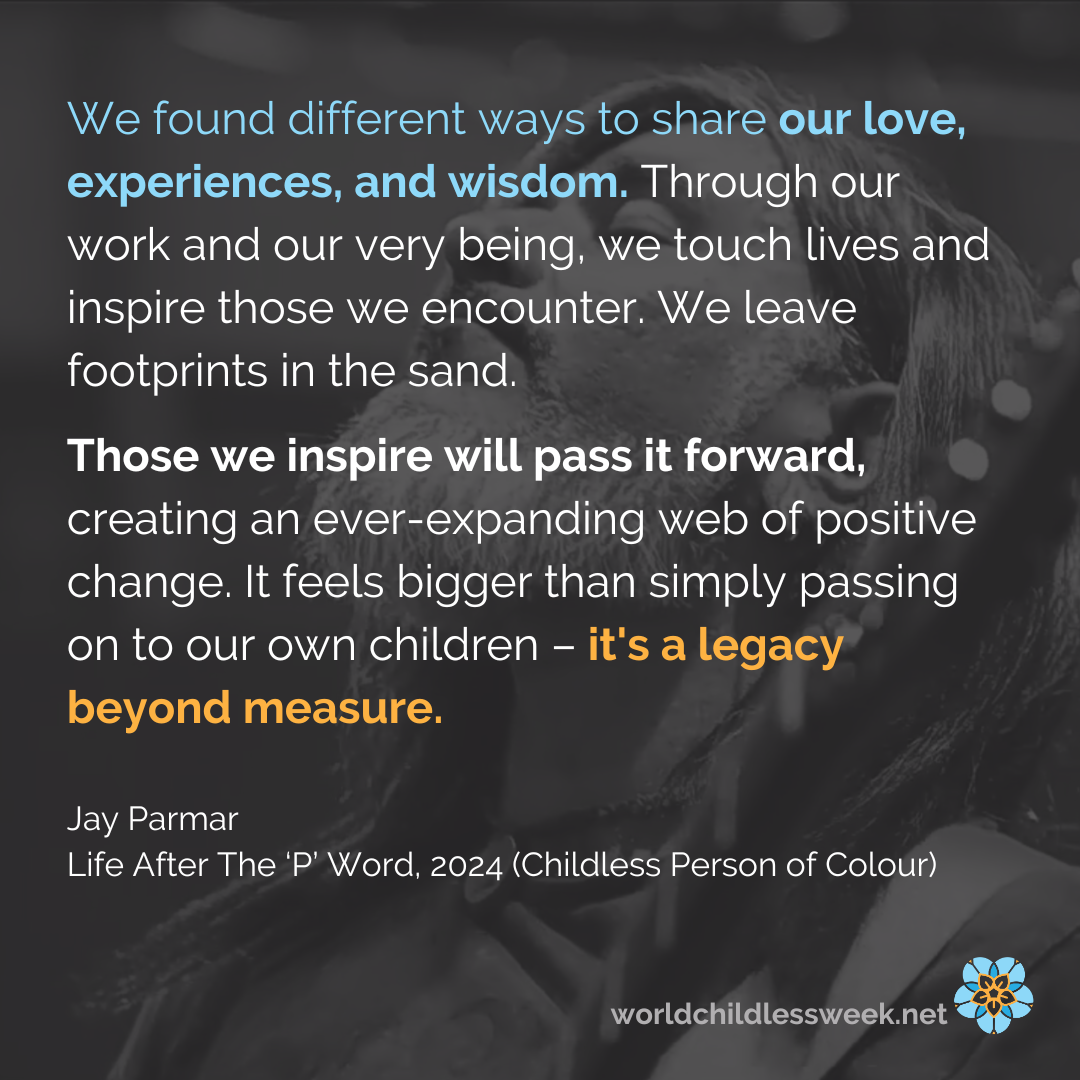Jay Parmar
"P***!"
The word slammed into me with the force of a freight train, Matthew's hot breath searing my face as he spat the slur. A moment of eerie stillness followed, his wry smile twisting like a knife.
Then, rage erupted.
WHACK!
The plastic plate connected with the back of his head, my arm stretched to its limit.
"OOOOWWWW!"
Trouble found me swiftly, but not him. At ten years old, standing in the corner of our middle school lunch hall, I grappled with the injustice. It was years before I began to understand why.
This collision with hatred marks my earliest memory of racism's ugly face. The 'P' word – a vicious slur hurled at South Asians in the UK – was no stranger to my ears. It echoed from schoolyard taunts, snarled from the lips of skinheads, and even fell casually from the mouths of older white folk.
The 1970s normalised this poison, allowing it to seep into TV shows and elicit laughter from audiences. But for me, it never lost its sting. It was, and remains, a verbal assault.
Navigating childhood as an Indian boy in those days was a gauntlet I didn't fully comprehend. My world revolved around LEGO, cartoons, and "Starsky and Hutch." I was happy-go-lucky, oblivious to the storm clouds gathering on the horizon.
As I grew, the harsh realities of my ethnicity in "Great" Britain began to solidify. Sure-fire opportunities evaporated. Doors I thought would swing wide remained stubbornly shut. Dreams I'd nurtured withered on the vine.
Years later, my wife and I faced that same immovable barrier during the adoption process. By then, a part of me had grown numb. The familiar ache of rejection based on my ethnicity no longer shocked. It settled like a heavy stone in my chest.
We were perfect candidates, weren't we? A lovely home, financial stability, fascinating careers – my wife, a meditation teacher, and I, a professional guitarist. I'd imagined her imparting zen wisdom while I taught our child the joys of making glorious noise. A perfect balance.
But "Great" Britain had other plans.
Throughout my life, I've raged against this reality, an eternal optimist with a half-full glass and an iron will. Each setback became a challenge to overcome, each "no" a reason to push harder. I am a fighter, perhaps to a fault. Is my stubbornness strength or weakness? I'm still not sure.
Our childless journey, however, felt like checkmate. What do you do when hope seems extinguished?
You become a rock. You hold your wife as she grieves for the child who will never be. You absorb her anger, her hurt, her frustration – even when it's directed at you. You search for a way forward, individually and together, trying to envision a future neither of you planned for.
Music became my lifeline. Even during my desk job days as a "part-time" musician, it fuelled my dreams and kept inspiration alive. I retreated into melody and rhythm, giving birth to new pieces – my creations, my children. This act of creation healed me and gave me strength to share with my wife.
I wonder, what if I hadn't had music? Would our relationship have survived? It's a terrifying question I can't answer.
But music was there. We found strength. We made it through.
Today, we walk hand-in-hand, hearts full of love. Our life is different, yes. We don't have children to shower with affection or pass on our wisdom. Family gatherings can be awkward, a reminder of what we don't share.
Yet, within this new reality, we discovered our evolved selves. We found different ways to share our love, experiences, and wisdom. Through our work and our very being, we touch lives and inspire those we encounter. We leave footprints in the sand.
Those we inspire will pass it forward, creating an ever-expanding web of positive change. It feels bigger than simply passing on to our own children – it's a legacy beyond measure.
This thought brings a smile to my face. It reminds me there is life "afterwards." It speaks to the strength I've built, rising after each fall, dusting myself off, and charging forward again.
In this journey, I've been blessed with powerful role models who showed me the profound impact one can have, even without children of their own. My uncle, who passed away at just 26, left an indelible mark of love and inspiration on everyone he met. He remains my lifelong hero, his legacy proving that a life's significance isn't measured in years or offspring. Then there's Benjamin Zephaniah, whose recent passing reminded us all of the deep footprints he left through his poetry, activism, and music. These men showed me that being childless doesn't diminish one's ability to shape the world and touch countless lives.
Perhaps that fighting spirit was ignited by Matthew all those years ago. Ironically, we became good friends. Maybe he was the spark that lit the fire within me – a fire that still burns bright, fuelling my resilience, my optimism, and yes, my smile. It's a fire that connects me to those who came before, those who showed me the way, and those whose lives I hope to touch in turn.

